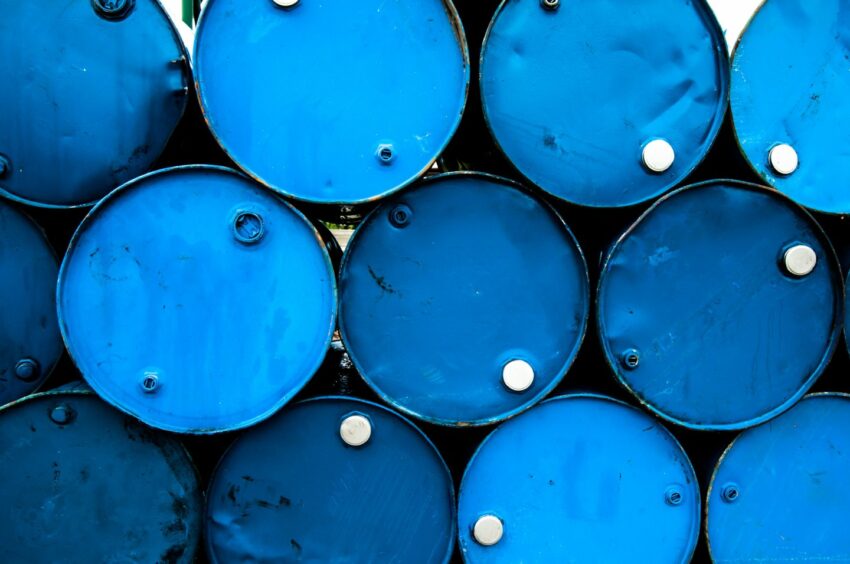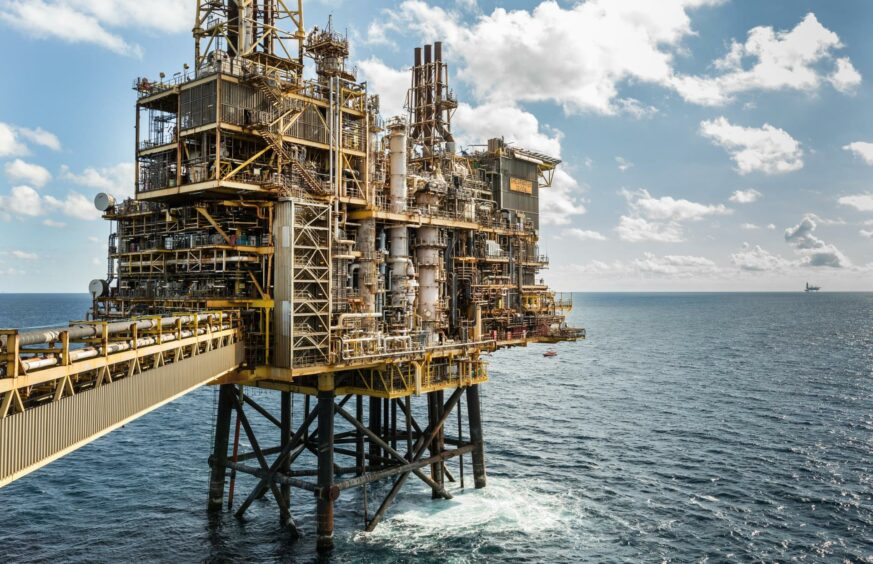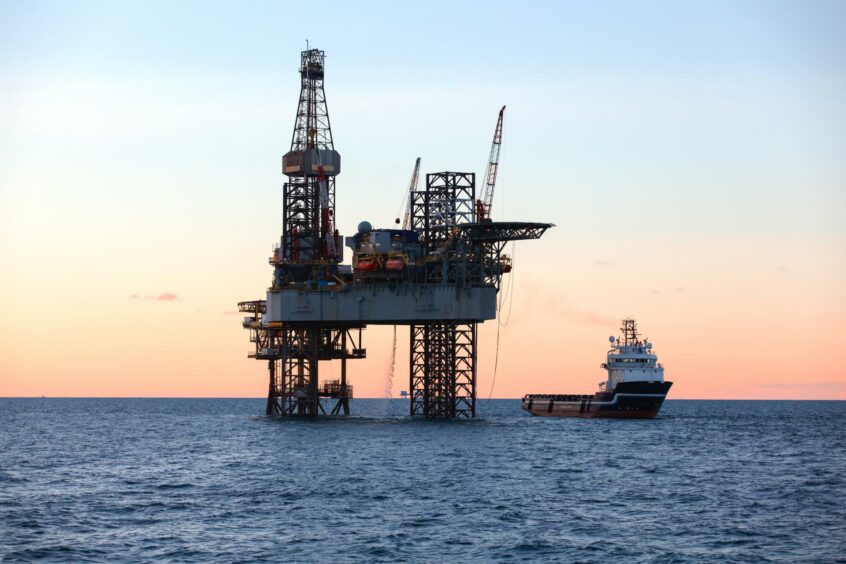
Billions of barrels of oil and gas reserves, located near to existing North Sea infrastructure, could hold the key to enhancing UK energy security.
Meanwhile, the increased opportunity to develop new hydrocarbon pockets through subsea tiebacks will reduce the sector’s operational emissions, helping projects pass the 33rd licensing round’s climate compatibility checkpoint, according to Offshore Energies UK (OEUK).
Published by the trade body on Thursday, the latest exploration insight report underlines the case for fresh oil and gas exploration in the North Sea.
Research has found the waters off the coast of the UK still contain oil and gas reserves equivalent to 15 billion barrels of oil equivalent (boe), much of which is held in smaller deposits.
That is enough to provide domestic fuel for 30 years, OEUK said.
Central North Sea key
Of those remaining reserves, more than 8bn boe is located within around 30 miles of offshore hubs – 6.1bn boe fall within an 18 miles radius of existing infrastructure.
According to the analysis, conducted by OEUK and consultants Westwood Global Energy Group, the Central North Sea holds the greatest opportunity for extending the lifetime of assets.
In the region there are around 1.4bn boe in prospective resources within range of being tied back to offshore installations.
Far reaching benefits
As smaller fields don’t need new offshore platforms, unlike the huge North Sea fields of the 1970s and 80s, they can be developed through tie backs, a less carbon intensive means of production.
That means they will help industry to slash its operational footprint, a key objective given the drive to reduce the environmental impact of producing oil and gas.
Mark Wilson, OEUK’s HSE and operations director, said: “Returns from developing reserves can be recycled into new energy projects like low carbon energy hubs, repurposing offshore infrastructure like wells for Carbon Capture and Storage and using exploration skills to achieve this. For example, we’ve already seen 26 licence applications in the UK’s inaugural CCS licensing round.
“Extending the longevity of the North Sea basin will not only underpin energy security and strengthen the supply chain but also ensure our highly-skilled workforce can help the industry transition to a diverse low-carbon energy system in the future.”
Fiscal fears
However, the report also shows that “unpredictable fiscal conditions” are denting the confidence of offshore energy companies, dissuading them from investing.
UK Government announced a windfall tax on the profits of oil producers in May, and is widely expected to double down on the move when the autumn budget is delivered on Thursday.
And a survey published on Tuesday found North Sea companies deem political instability to be the main barrier to the energy transition.
Just four exploration wells have been drilled this year, compared to 16 in 2019, the most recent pre-pandemic year comparison, OEUK said.
Over the past decade, the UK North Sea has produced roughly 6bn boe, whilst discovering 600mn boe, a 10% reserves replacement rate and “not enough” to maintain stable output.
Mr Wilson said: “Our new report shows why ongoing exploration in our waters is critical to ensuring reliable supplies of domestically produced energy which also adds value to the UK economy. The UK Continental Shelf is a mature basin, with North Sea oil and gas production peaking in 2000 so careful management of the remaining resources is vital to avoid rapidly increasing reliance on imports.
“Supporting this industry and its exploration activities is essential to the UK delivering a homegrown transition to cleaner energies, retaining the benefits in taxes paid, jobs supported, and our wider economic contribution.
“Low levels of exploration mean on a ten-year average, we are replacing only 10 per cent of the reserves we need to sustain the production levels that can help to keep the UK energy secure and power its energy transition.
“We need to ensure that the UK government’s British Energy Security Strategy that made clear the need to support the production of North Sea oil and gas, alongside the deployment of offshore wind, solar and hydrogen, continues to be the focus of the new Prime Minister and his government. It was good to see the importance of oil and gas to the transition to a low carbon economy and energy security recognised with the launch of the 33rd licensing round following the completion of the new climate compatibility checkpoint.”
Recommended for you


 © Supplied by Shell
© Supplied by Shell © Supplied by DC Thomson/ Kenny El
© Supplied by DC Thomson/ Kenny El © Shutterstock / Lukasz Z
© Shutterstock / Lukasz Z